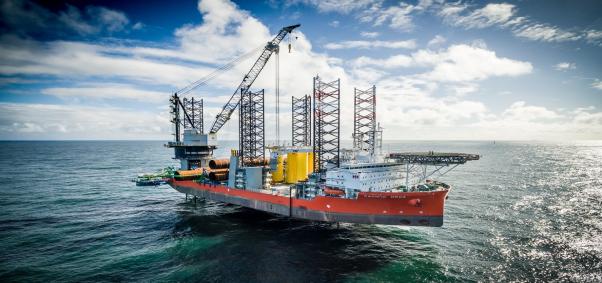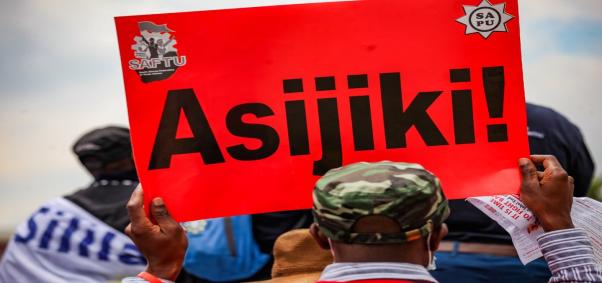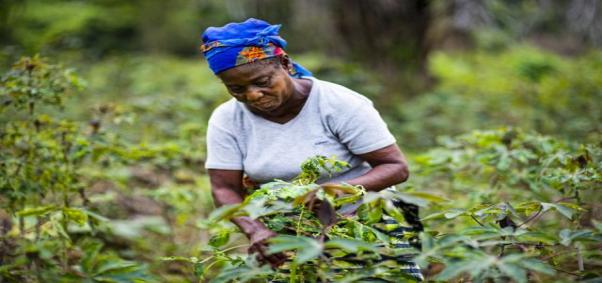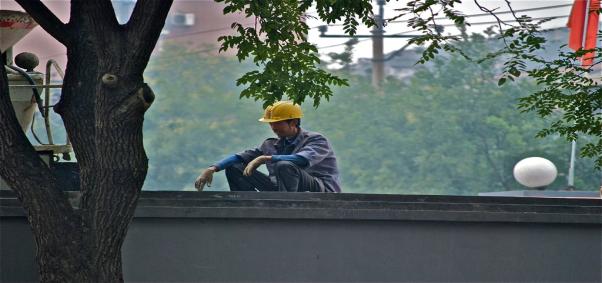
Heads of State and Ministers from seven countries launched the Global Commission on the Economy and Climate in New York City today, just before the opening of the United Nations General Assembly. At a packed meeting, the invited guests and media heard presentations from the governments of the countries which have commissioned the project, and a lively discussion session with some of the project's leading figures.
Opening the meeting, President Felipe Calderon, former President of Mexico and the Chair of the Global Commission, said the initiative needs to provide convincing arguments that fighting climate change can lead to economic growth. “All this time, we have talked about emissions, but this time, we will try to talk about profits,” said Calderon. “That could change the equation.”
The purpose of the New Climate Economy is to present new and independent evidence on the ways in which economic growth and prosperity can be achieved while also combating climate change. The speakers acknowledged that climate policy will not be implemented if politicians and citizens feel it will damage growth. Yet economic policy which does not address climate change will ultimately be short-lived and likely overcome by the damage which rising temperatures and more volatile weather patterns are already wreaking.
The meeting featured two heads of government: President Juan Manuel Santos of Colombia, who explained his country's efforts to find a low carbon model of development which did not require deforestation in the Amazon, and Jens Stoltenberg, Prime Minister of Norway, who noted the urgency of reducing fossil fuel subsidies, ramping up renewables, and acting on climate change.
"The world faces two great challenges: to fight poverty and to fight global warming," Prime Minister Stoltenberg said. "We cannot choose between them."
Lena Ek, Swedish Minister of the Environment, emphasized that the project's focus is economic policy, not climate policy, with finance ministries, businesses and investors its key audiences. At the same time, remarked Kuntoro Mangkusubroto, Indonesian Minister and head of the President's Delivery Unit, it is vital to communicate to the wider public the possibilities of acting on climate change or else they will not give political leaders their support. Greg Barker, the UK Minister for Energy and Climate Change, pointed out that the global economy had changed a lot since the publication of the Stern Review in 2006, including the global economic crisis and mounting evidence of climate impacts. It was timely therefore to revisit the economic case for action. Boonam Shin, Korea's Climate Change Ambassador, hoped that his own government’s experience of strong climate policies and its commitment to a model of 'green growth' could offer examples for other countries as well.
Moderated by Andrew Steer, President and CEO of the World Resources Institute (one of the research institutes supporting the project), the Q&A session saw Felipe Calderon, Lena Ek and Jeremy Oppenheim, Director of the New Climate Economy project, engage in lively discussion with the audience and assembled media about the project's research scope and its chances of influencing government policy. The project aims to report on its findings in time for the UN summit in New York in September 2014.
As Oppenheim concluded: “To have real impact, the findings and learning must make sense on the ground.”
Created with Admarket's flickrSLiDR.






